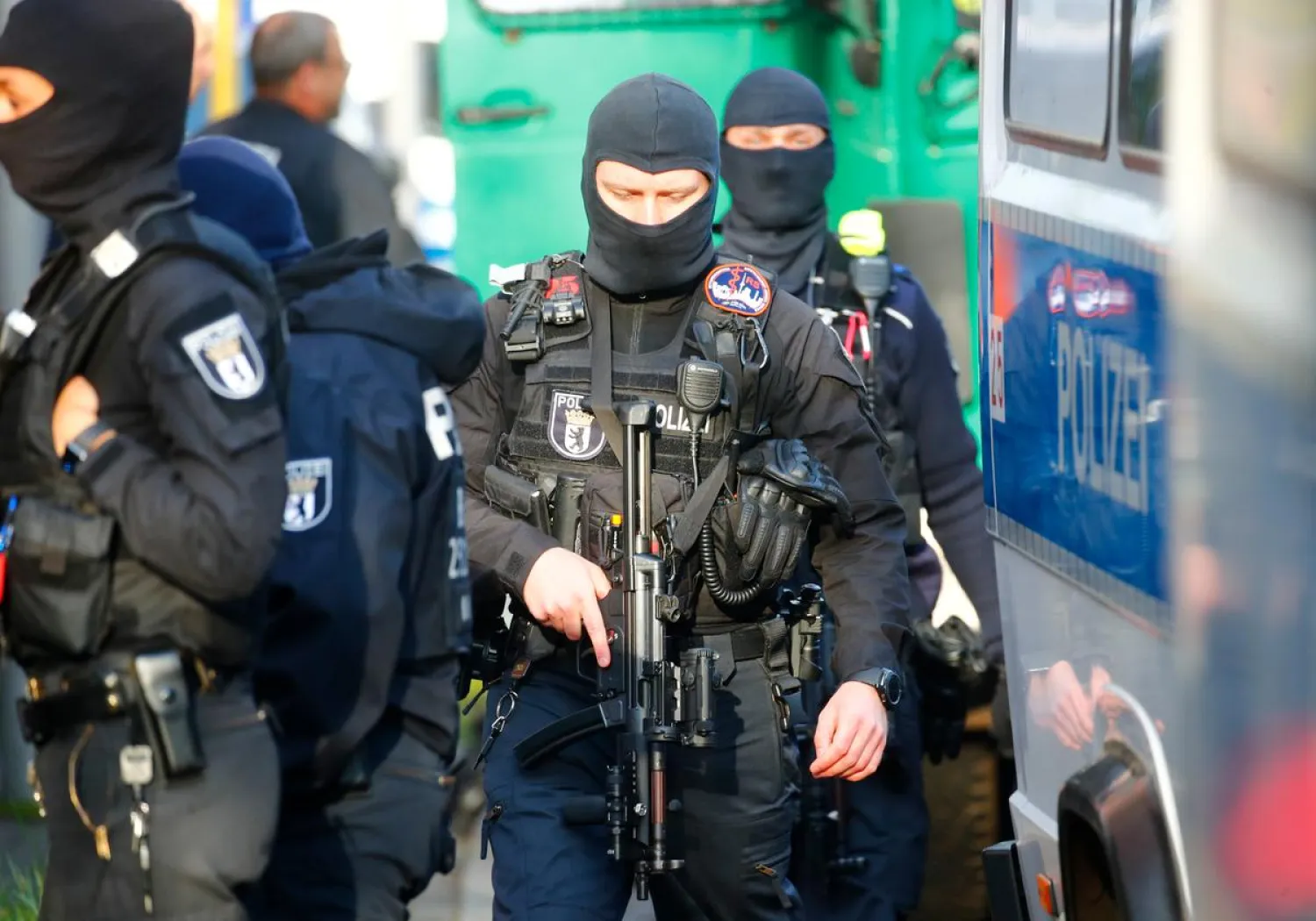The number of extremists in Germany is increasing, however, while authorities focus on monitoring male radicals, internal intelligence agencies have reported a growing rate of female militants.
Bild am Sonntag newspaper reported that the number of female terrorists increased from 1,356 in 2018 to 1,580 last year. However, the majority of the roughly 12,500 classified extremists in Germany are still men.
The paper referred to the annual report of the Federal Office for the Protection of the Constitution which has not been published yet.
North Rhine-Westphalia’s local intelligence warned of the increasing number of extremists in the state, and in Germany in general.
The intelligence issued a report a few weeks ago noting that the extremists target children through mosques and organized activities. The report also indicated that they are becoming more professional, and using various business projects for donation campaigns.
The Ministry of Interior warned last February that extremists in North Rhine-Westphalia are changing, and that new members are younger and females.
In a report presented to the local parliament, the Minister of Interior said that children and adolescents are showing increasing signs of being exposed to extremism, and that over 100 family-related associations in the state play a role in that.
The state considers that citizens who return from ISIS areas in Syria and Iraq are most likely to spread extremist ideas.
According to official figures, 263 people traveled from North Rhine-Westphalia to those areas, including 78 women, with 86 of them returning last year. The authorities believe that 67 of them were killed.
The Interior Ministry said the returnees may present a threat for being the so-called “jihadist generation” with extremist ideas.
The Minister also admitted that the security situation of the state is permanently fragile and there are fears of terrorist attacks.
The report stated that the greatest danger to Western countries comes from small groups affected by extremist propaganda who have the will to act upon it. It pointed out that their focus is on "flexible targets" that could be attacked by using means of transportation or stabbing weapons.
The report also referred to “a growing role for women,” known as "producers of ideologies" and that they are particularly active through social media.
The Ministry of Interior saw that this matter increases the risk of bringing new members into the group within a few weeks or months.
Recently, Berlin police raided a number of mosques and associations run by extremists on suspicion that they had looted state funds.
Since the emergence of the coronavirus pandemic, the German government has provided financial aid to families and businesses in need, and several extremist associations have benefited after providing false information. But the authorities raided the associations, which "stole" aid money from the state and were accused of fraud.









